Image Exploitation

Image exploitation
Image exploitation is when an individual’s image is used without their knowledge or consent in order to exploit the individual or other entity. Images that can be exploited are diverse and cover instances where leverage can be gained by a perpetrator, including intimate photos, private emails, text messages, and credential information. Images may also be fraudulently used on fake credentials and websites that sell products.
The impact of image exploitation on a person can be very significant and can be influenced by their willingness to communicate and confide in others, their sense of helplessness, the perceived impacts to them and others, and the seriousness others take in assisting with their response.
Prevention - How can I reduce the risk of image exploitation?
- Do not store sensitive images on open or low security devices or software. Consider storing the images on an external drive that is not connected to the internet. Make sure that the device or images are protected with strong passwords so that only you can access the files.
- Familiarise yourself with the privacy and security settings on your device and any applications, software or online platforms you are using. Set these to the highest levels of privacy, and make sure you are using the strongest security settings available to protect your device and accounts from unauthorised access.
- Be vigilant about who you provide access to your device(s), particularly if they are the same ones you use to store or share sensitive images.
- When sharing sensitive images, be certain that the individual is trusted and that the site you are sharing them on is secure.
- Be future minded - consider whether an image you share could be exploited at some time in the future.
Detecting Image Exploitation
The process of detecting if an image has been exploited can at times be quite difficult. Reverse Images search programs (e.g. tineye.com) can be used to search the web for duplications of an image. Other instances of image exploitation can be more direct, particularly if a perpetrator engages directly with you to try to gain money or another benefit.
Response - What do I do now?
- Report: Companies (e.g. Facebook) may remove content which has been posted online for you if you request it.
- Store Evidence: Preserve any information which is related to your content being posted online.
- Remove: The eSafety Commissioner in Australia has a range of powers to help with the removal of intimate images or videos. In New Zealand, Netsafe can assist with the process of having the images removed.
- Legal Action: It may be possible to take legal action against those who publish intimate images without consent. Report to police and the eSafety Commissioner (Australia) or Netsafe (New Zealand). If the images are of a child and you are concerned that they are in immediate danger, call 000 in Australia or 111 in New Zealand. You can also report online child sexual exploitation through the Australian Centre to Counter Child Exploitation (ACCCE) or report online child exploitation to NZ Police by calling 105 (non-emergency number). You can also report child sexual abuse material to the DIA (https://www.dia.govt.nz/Digital-Safety-Report-Online-Child-Exploitation-material). Both the Police and DIA investigates reports of online child exploitation and prosecutes offenders.
- Seek Help: Seek support by contacting IDCARE.
Social Media Security
IDCARE have a number of Social Media Security Fact Sheets to help you detect, prevent and respond to problems you may have. Please see the below Fact sheets on;
For additional support or information, contact IDCARE by submitting a Get Help Form or call 1800 595 160 (Aus) or 0800 121 068 (NZ).
Disclaimer
Identity Care Australia & New Zealand Ltd (IDCARE) provides identity and cyber security incident response services (the Services) in accordance with the following disclaimer of service:
- IDCARE is Australia and New Zealand’s national identity and cyber incident community support service. IDCARE is a not-for-profit and registered Australian charity.
- The Services provided do not constitute legal advice. IDCARE recommends that you consult your own legal counsel in relation to your legal rights and obligations, including but not limited to your legal rights or obligations under Australian and international privacy and data protection laws.
- While every effort has been made to ensure the accuracy of the content provided, to the maximum extent permitted by law all conditions, terms, representations, and warranties (in each case, whether express or implied) in connection with the provision of the Services which might otherwise be binding upon IDCARE are excluded.
- IDCARE’S liability for any loss or damage suffered by any person or organisation (including, without limitation, any direct, indirect or consequential loss or damage) arising out of or in connection with the Services (including without limited liability for any negligent act or omission, or statement, representation or misrepresentation of any officers, employees, agents, contractors or consultants of IDCARE) shall be limited to the fees paid by you to IDCARE in respect of the Services. For the avoidance of doubt, this limitation of liability extends to any liability arising from any actions performed or not performed as a result of any recommendations made in the course of providing the Services.
- If you would like to provide feedback please use our Feedback Form.
Join the global list of organisations making a real difference in people’s lives by supporting our service.

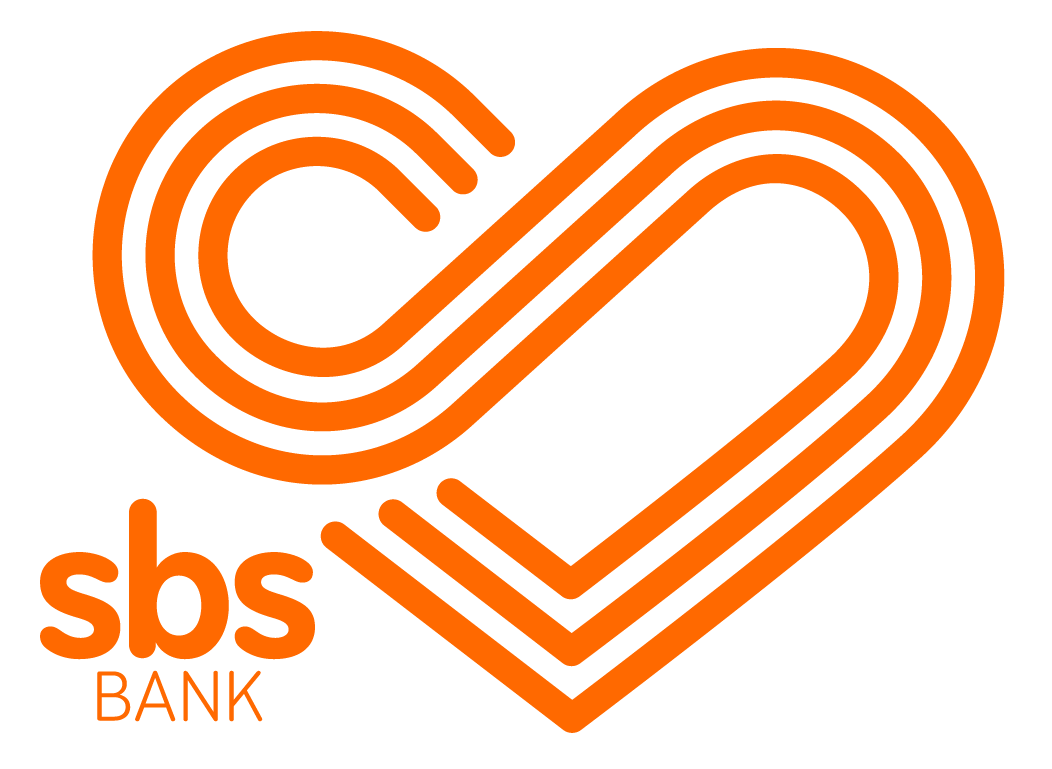


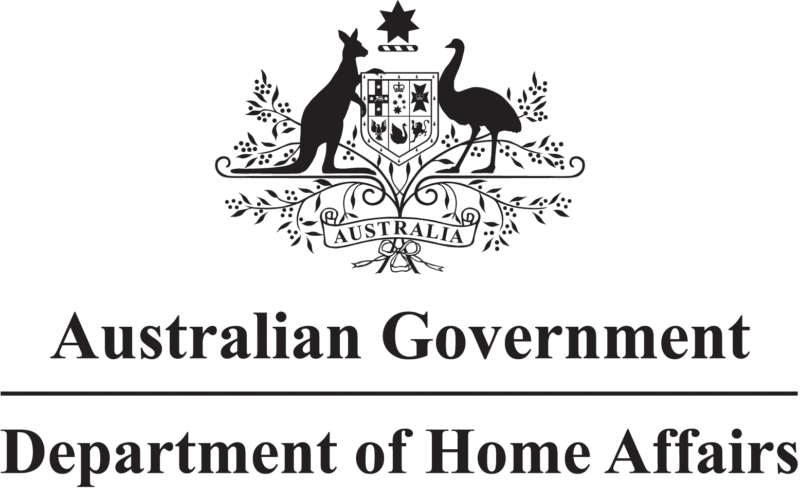
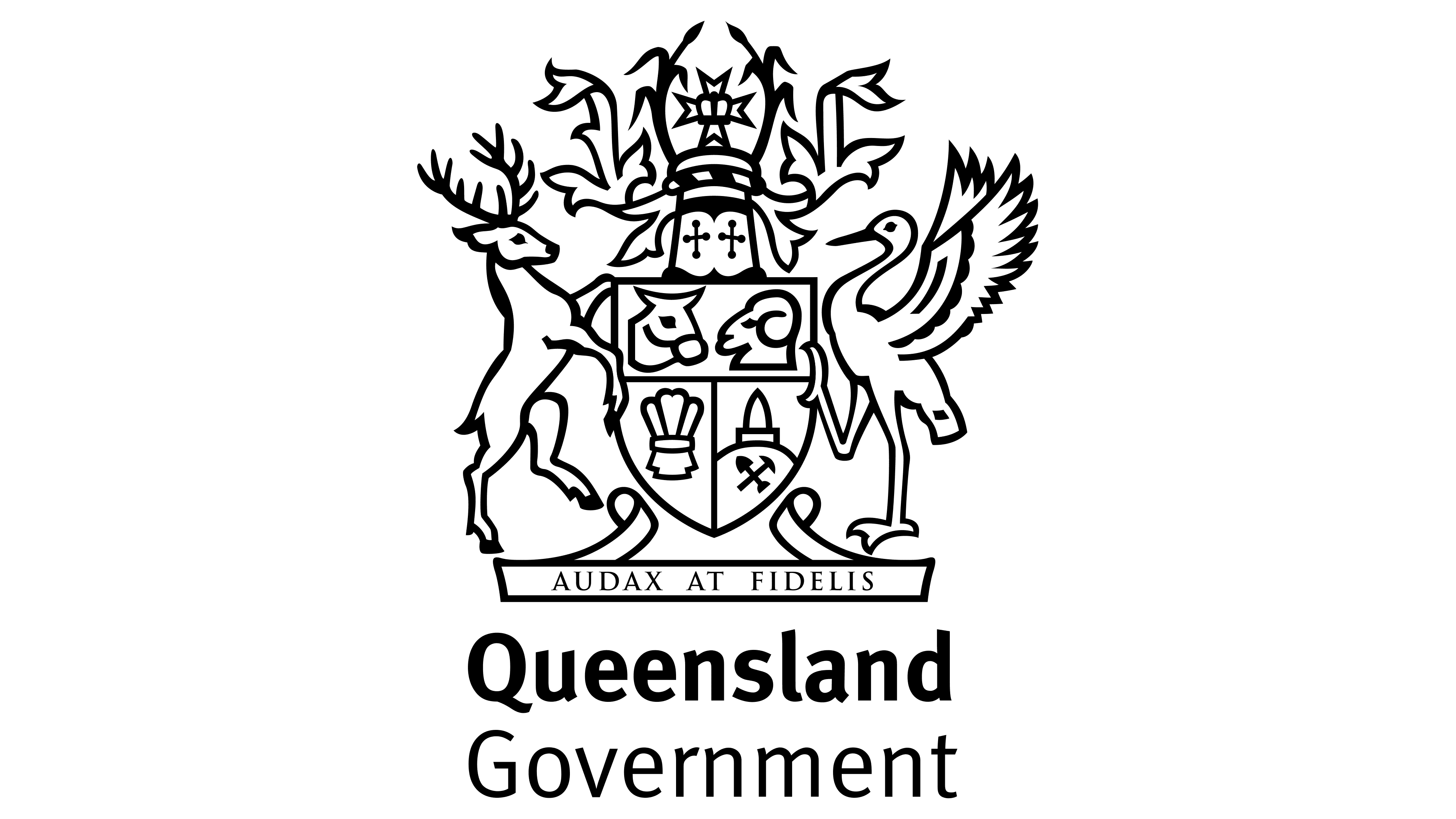






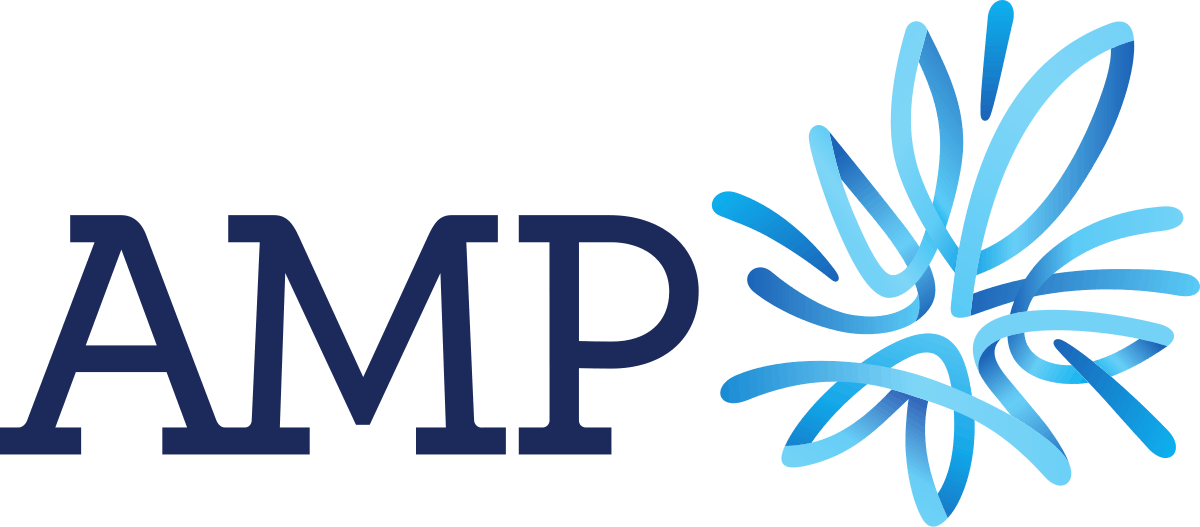
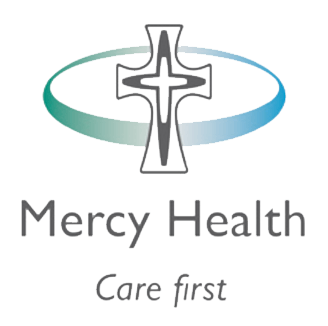

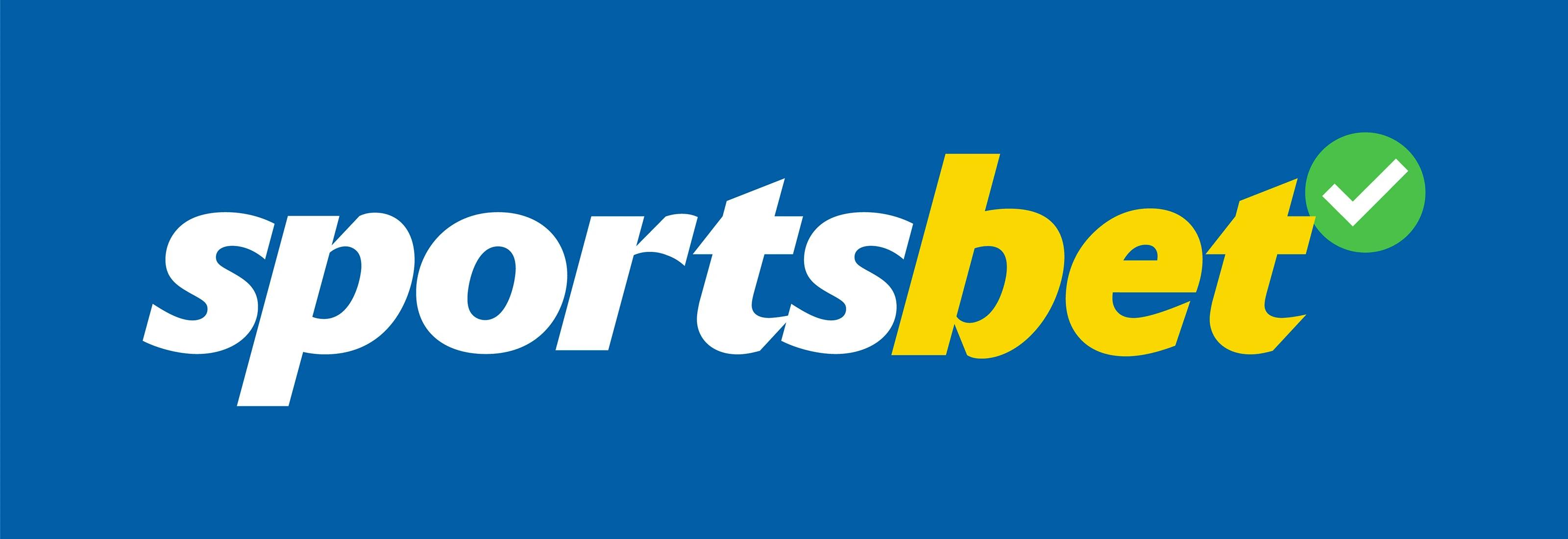




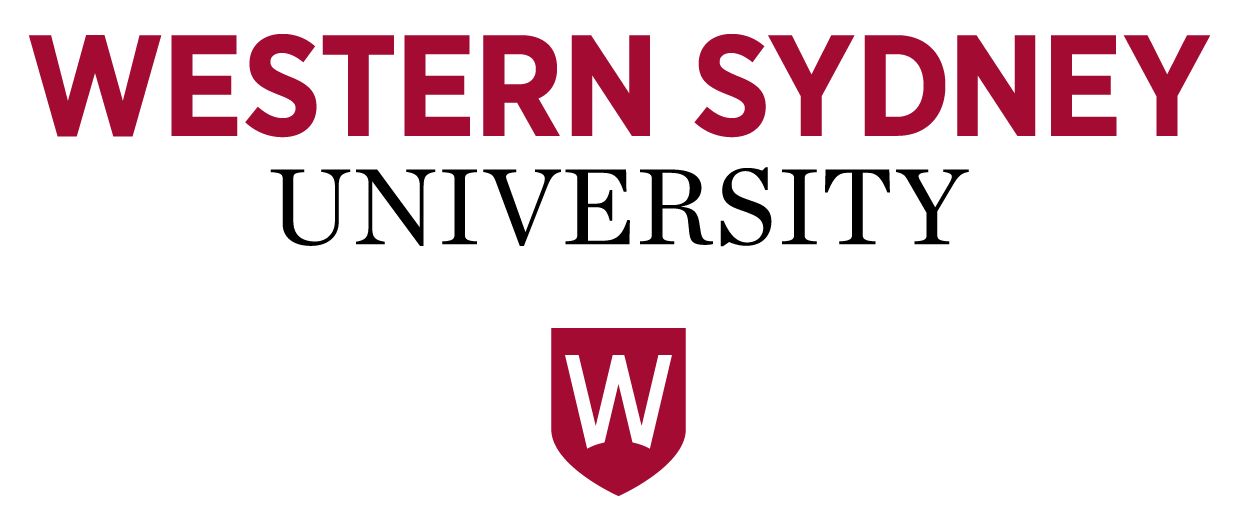
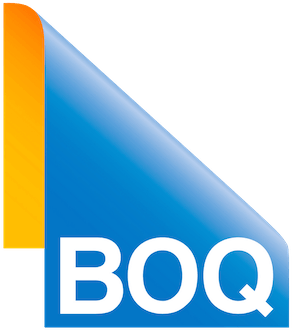














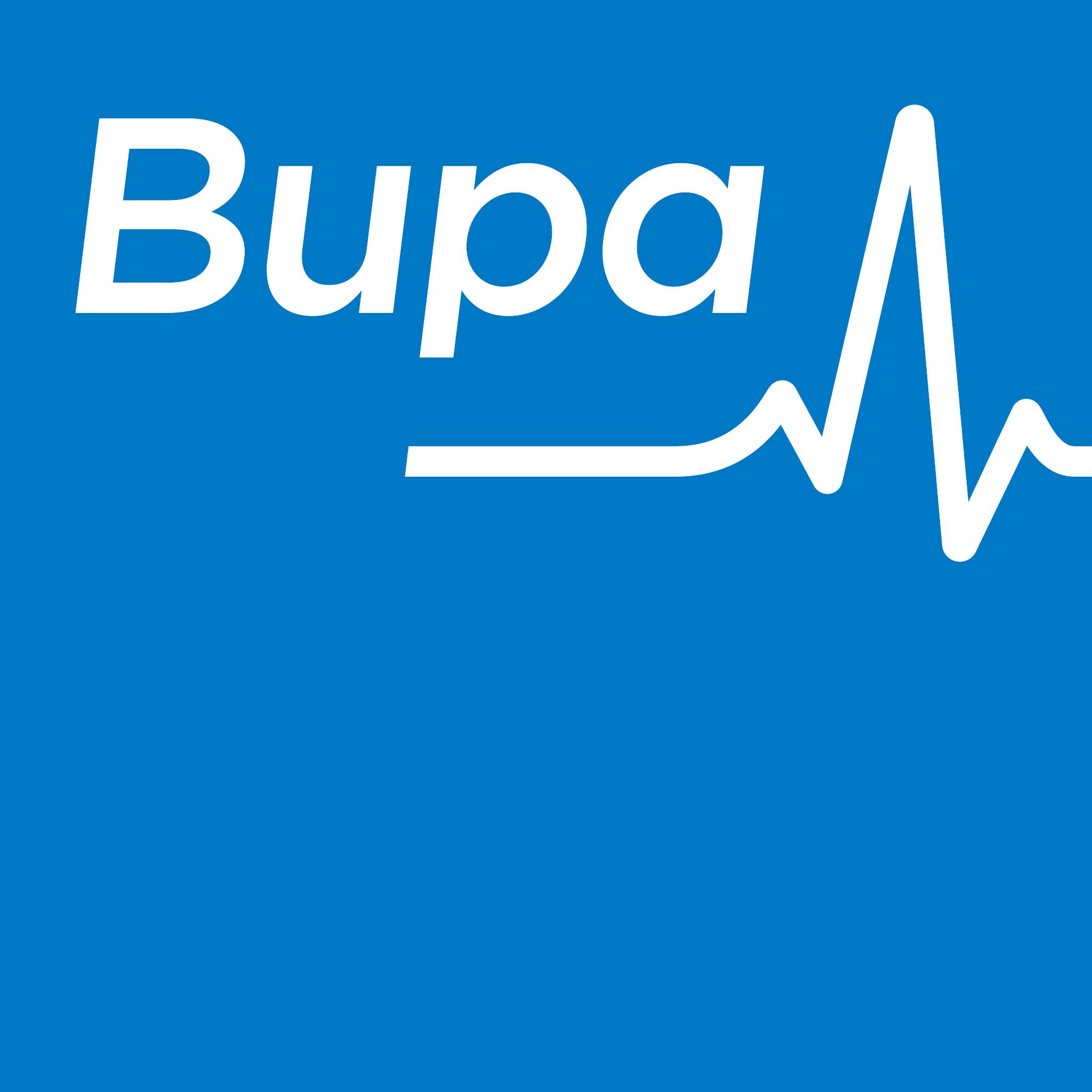
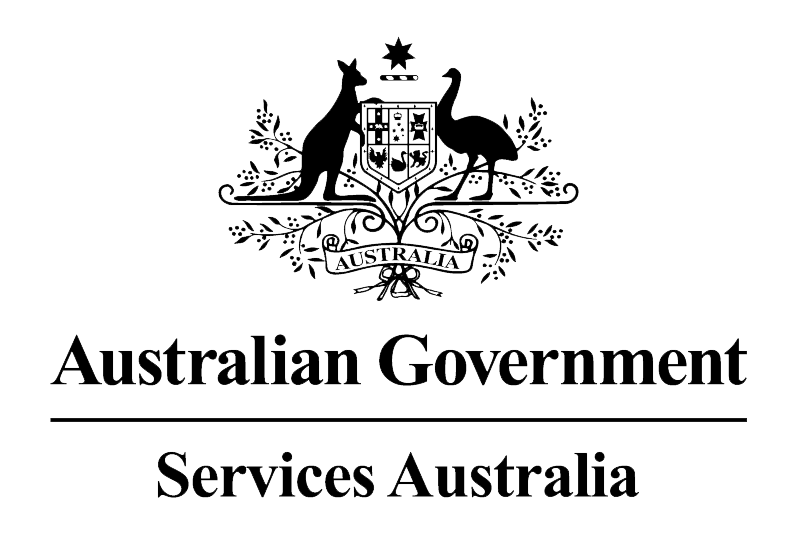




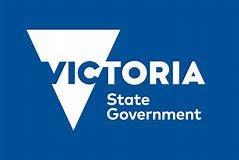
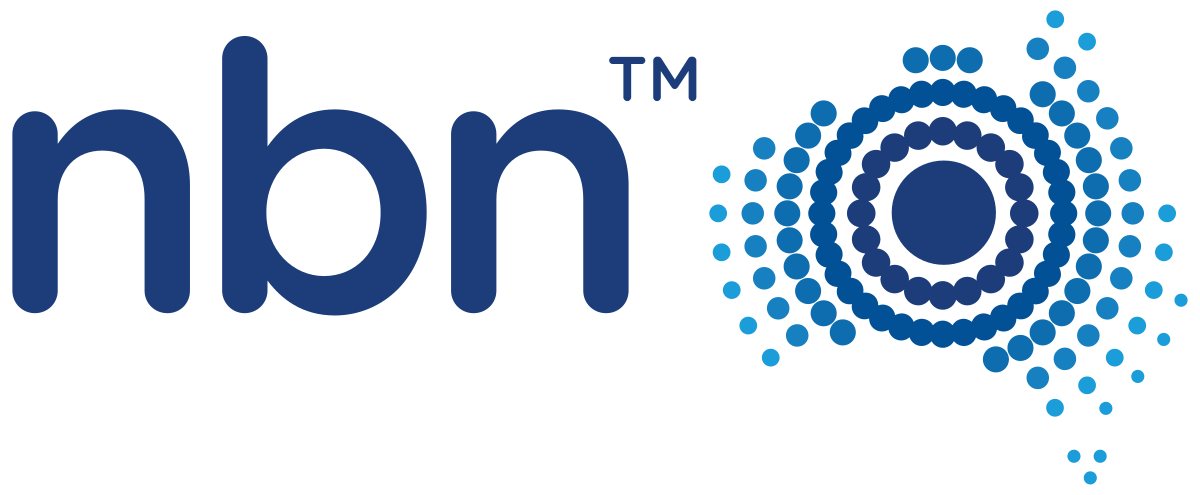
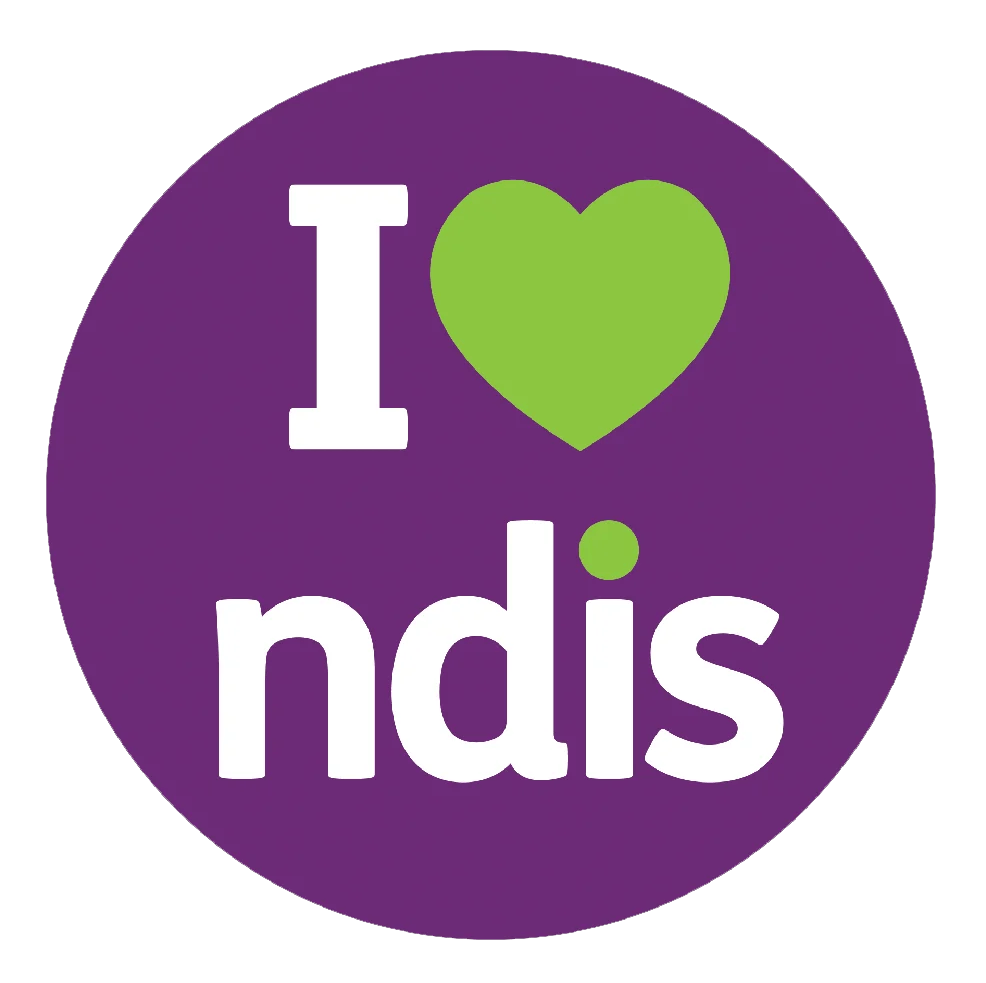
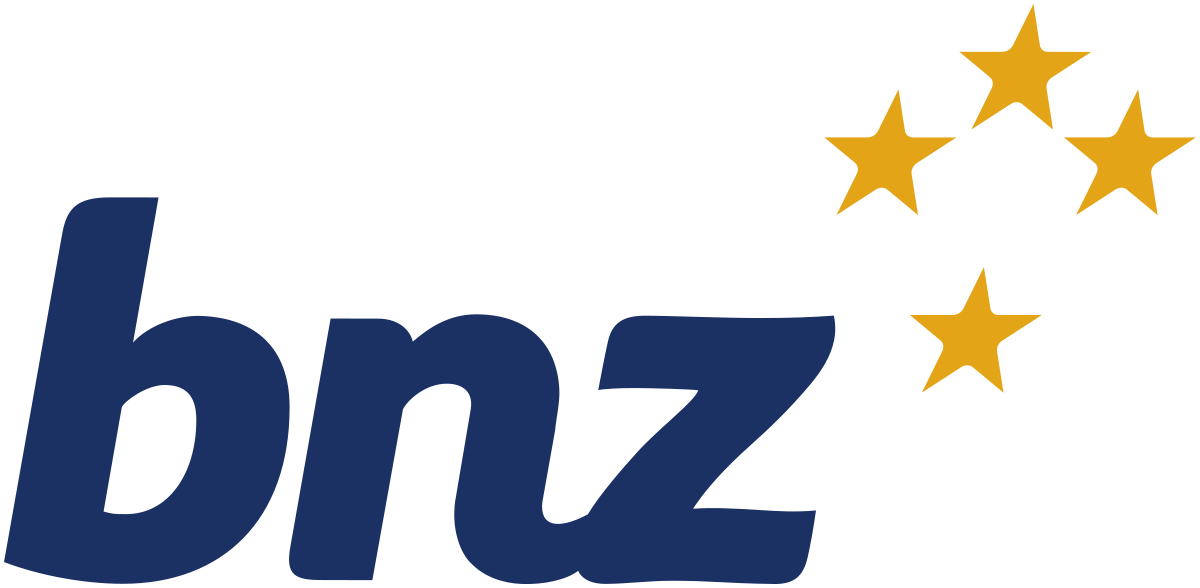
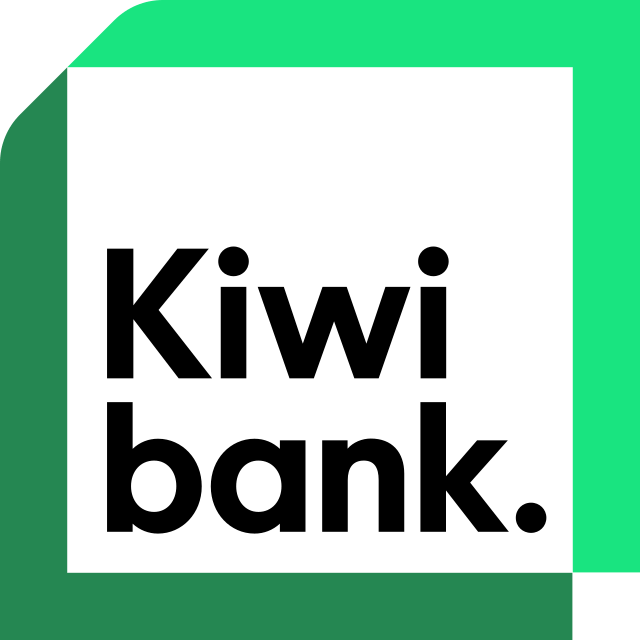
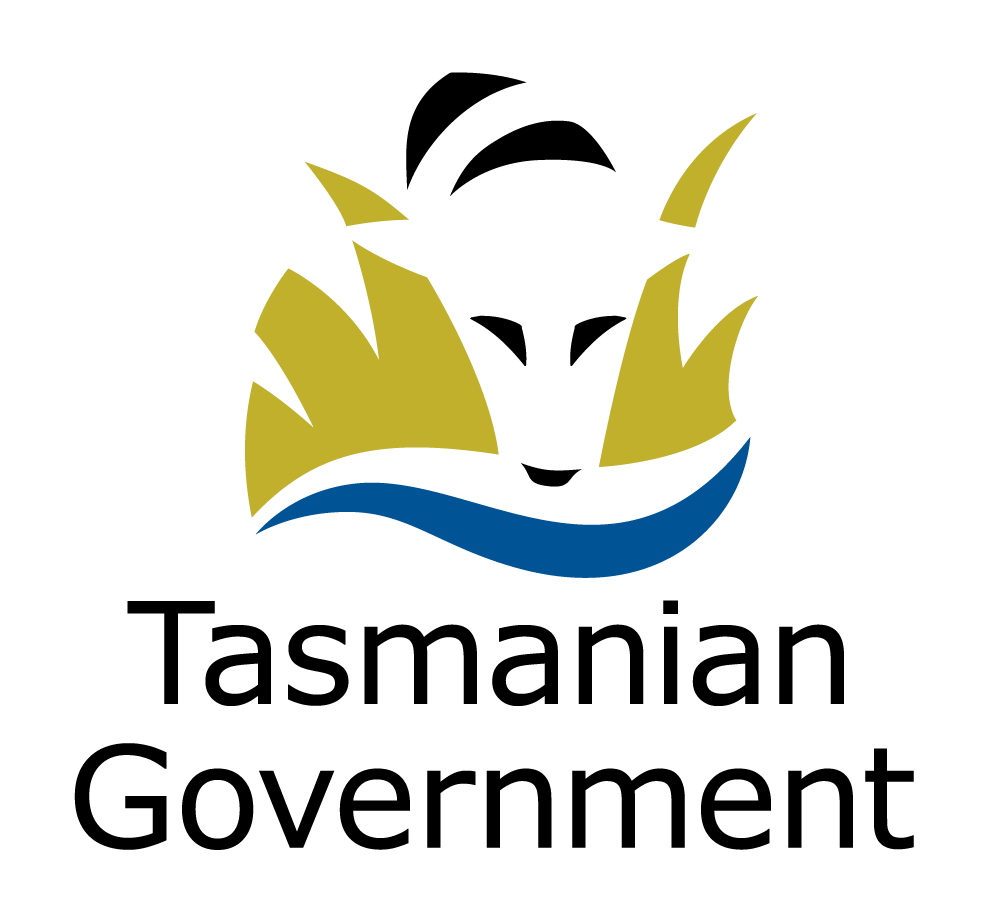
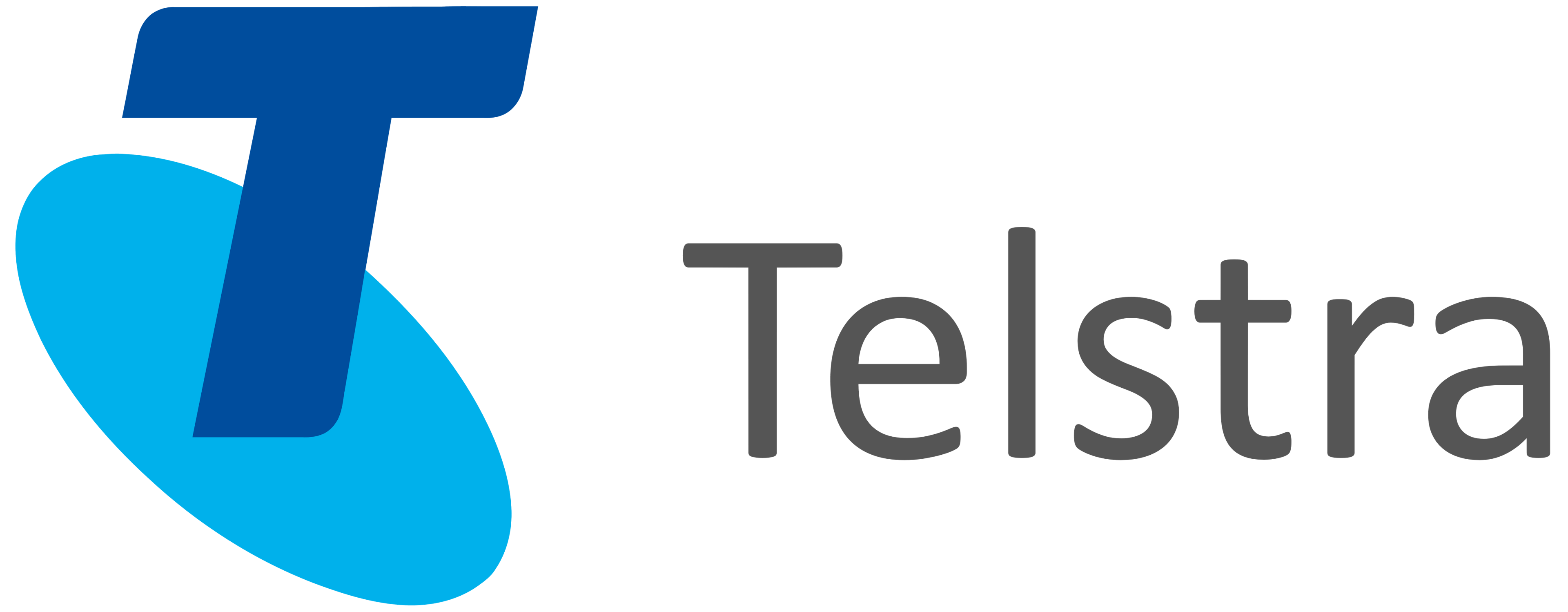
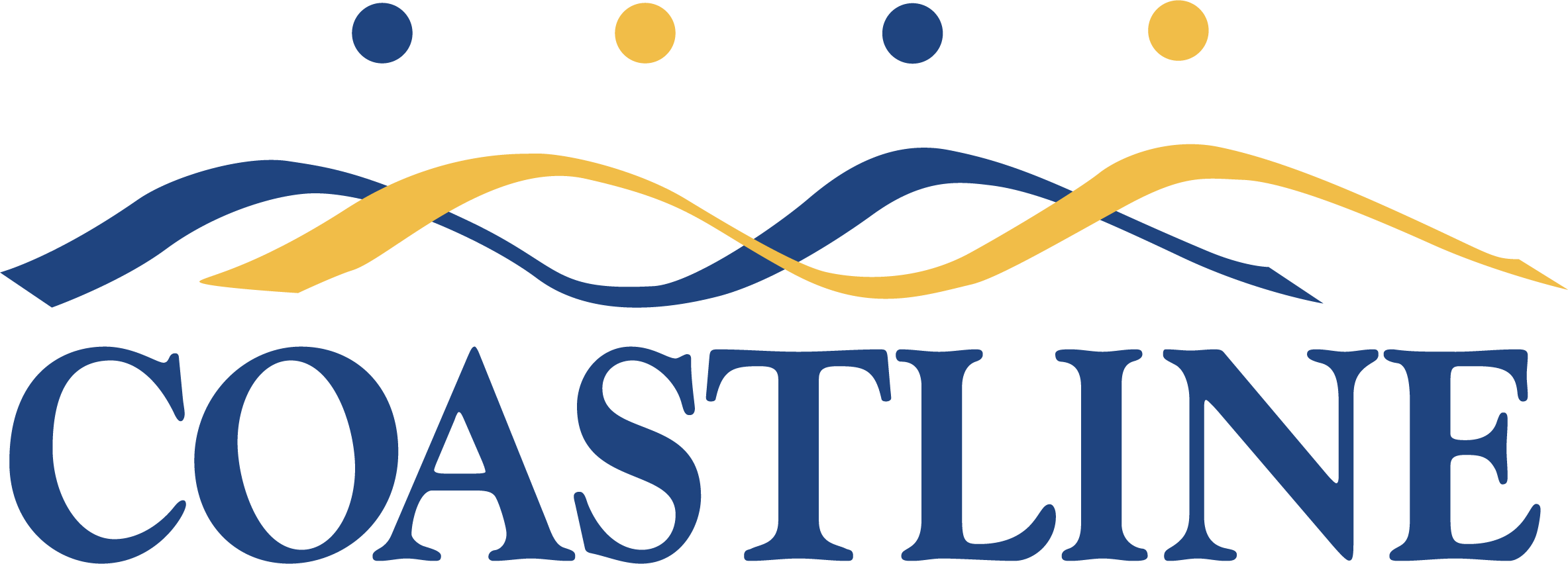

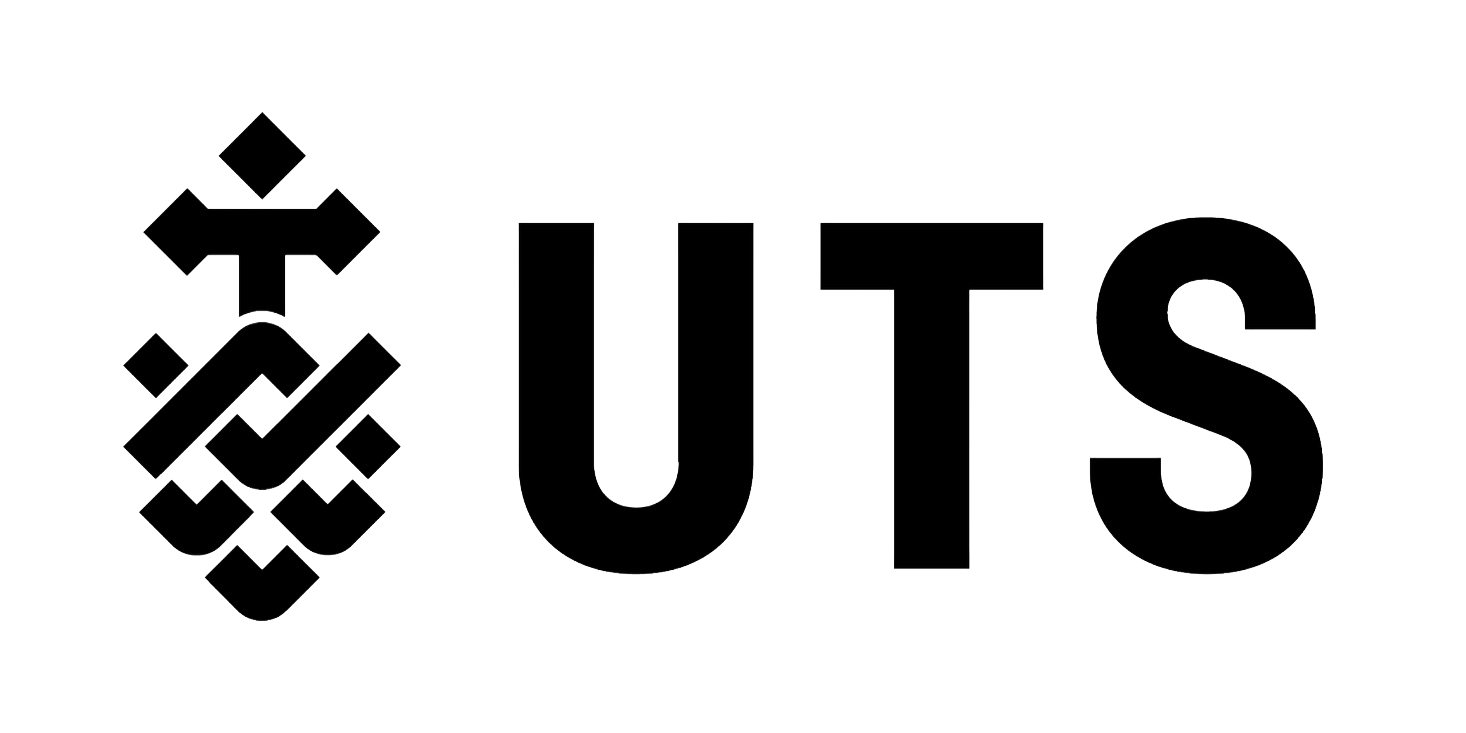
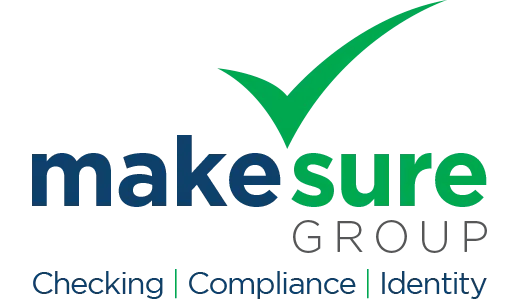




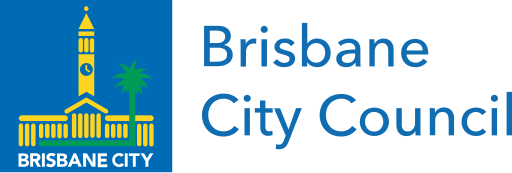
Copyright © 2025, IDCARE. All Rights Reserved.
ABN 84 164 038 966








